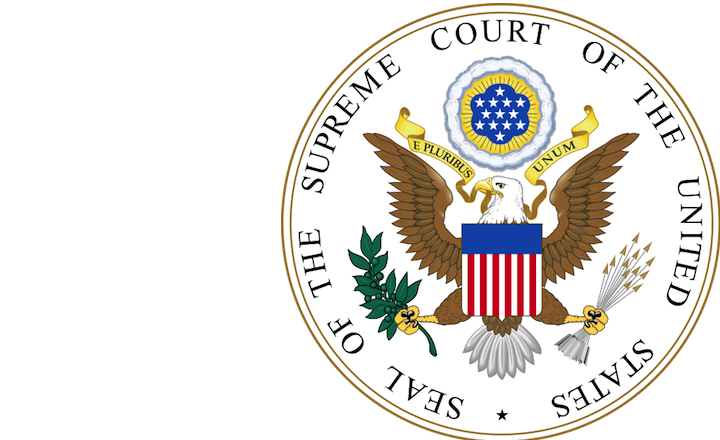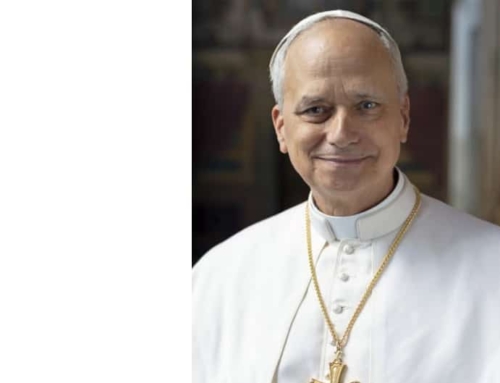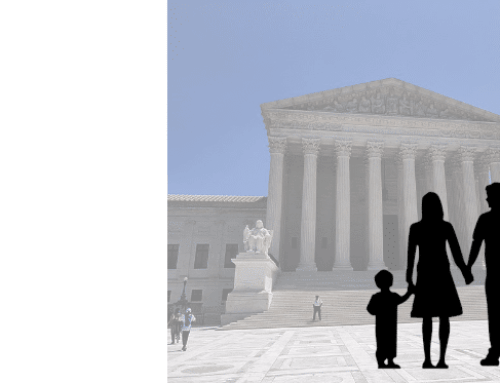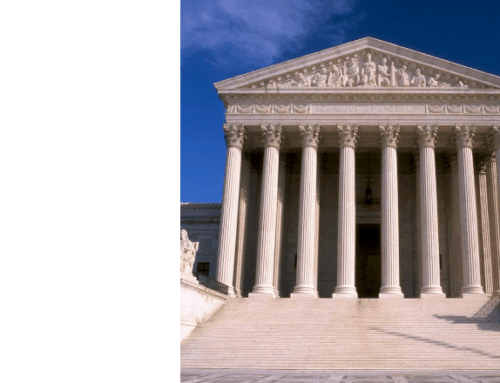Catholic League president Bill Donohue comments on an important First Amendment case before the high court:
On November 4, the United States Supreme Court will hear oral arguments in one of the most important religious liberty cases in recent years. At stake is the right of religious social service agencies to follow their own religious prerogatives, rather than yield to the secular values of the state.
Catholic foster care programs seek to place children in Catholic homes where there is a mother and a father. This was regarded as wholly unexceptional, up until recently. But in the age of an aggressive gay rights lobby, this time-honored tradition is now before the Supreme Court. It will issue its ruling next spring.
The case before the high court, Fulton v. City of Philadelphia, involves the City of Philadelphia’s decision to stop referring children in need of foster care to Catholic Social Services (CSS). Miami Archbishop Thomas Wenski, who is also the chairman of the United States Conference of Catholic Bishops’ Committee for Religious Liberty, noted on November 2 that “The Church pioneered foster care in Philadelphia 150 years before the government got involved.” But because CSS, following Church teachings, will not place children with homosexual couples, the government is seeking to force it to get into line with its amoral values.
It is important to recognize that no one has ever charged that CSS discriminates against anyone. No homosexual couple has ever sought to secure foster children from CSS. This is an entirely contrived case, designed to strip CSS of its religious rights. Before assessing the merits of the Catholic Church’s foster care programs, consider how this case began.
On March 9, 2018, a reporter from the Philadelphia Inquirer called the Philadelphia Human Services department complaining that CSS, and a Protestant-run child care agency, would not work with homosexual couples as foster parents. Four days later the newspaper ran a piece on this story. Cynthia Figueroa, the Commissioner of Human Services, called officials at the Catholic and Christian agencies seeking to verify the paper’s claims. James Amato, Secretary of CSS, confirmed the veracity of the story.
Figueroa and Amato met to discuss this issue. Amato explained that he was only following the teachings of the Catholic Church, and that CSS had been doing this for over 100 years. Figueroa then showed her true colors, which, despite her Jesuit education (some might say because of it) allowed her to argue that the Church had better get with the times. That is where she crossed the line.
Figueroa went further than that. She told Amato that “it would be great if we could follow the teachings of Pope Francis.” According to Amato, she chided him for following the lead of Archbishop Charles Chaput (who recently retired): he defended the CSS policy as sound Catholic thinking.
This alone should sunder the case made by the City of Philadelphia. Here we have an agent of the state telling a Catholic social service agency that it is not being faithful to the Church’s teachings! And because of that, it must be punished by the state.
First of all, nothing that Pope Francis has ever said about homosexuals wanting to adopt children should ever be construed as affirming their desire to do so.
Secondly, what right does a municipal employee have in lecturing a religious institution about its doctrines, telling them that they are wrong in their interpretation of them? Imagine a bishop lecturing a government official on his need to get up to speed with the latest interpretations of constitutional law! It would never happen.
This case involves the future of religious liberty in a wide variety of cases. We live in precarious times, and this is especially true of the content of our culture. The Judeo-Christian tradition that has served us so well badly needs to be strengthened.







